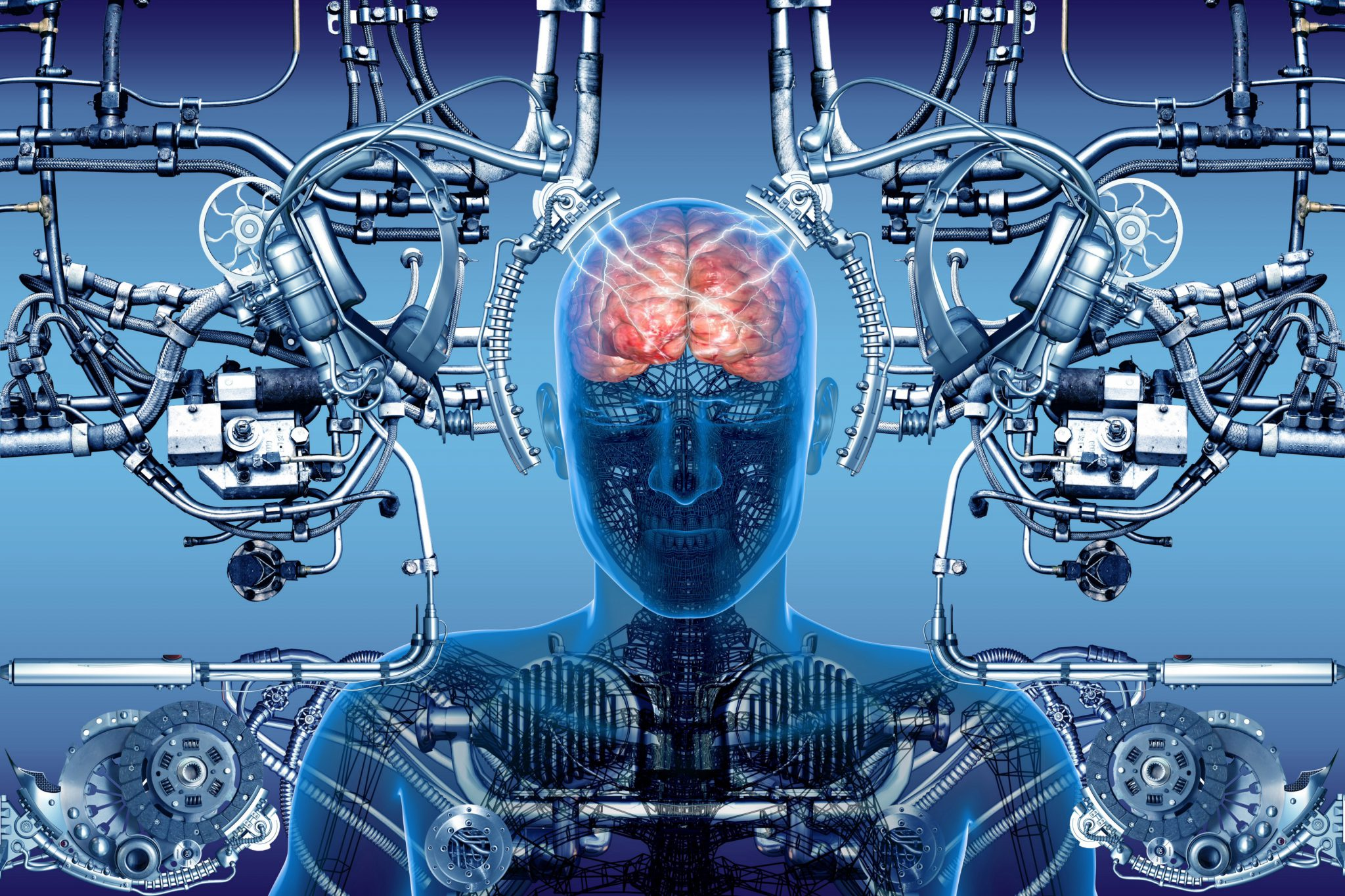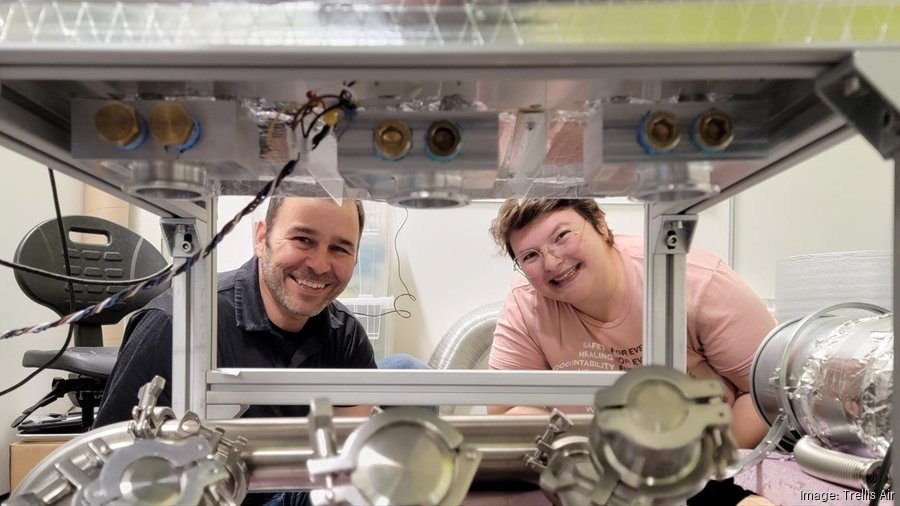Brain-computer interfaces (BCIs) are revolutionizing the way we interact with technology, merging our cognitive capabilities with machines for transformative outcomes. Recently, the neurotechnology company Neuralink made headlines by successfully implanting a brain chip in the first paralyzed individual, enabling him to control a cursor and even engage in online chess using thought alone. This groundbreaking innovation not only showcases the vast potential of BCI technology in aiding those with disabilities but also raises critical questions regarding the ethical implications of brain tech. As the burgeoning BCI market is projected to soar to approximately $400 billion in the U.S., concerns about mind control technology and its misuse loom large. The discussion around these advancements highlights the delicate balance between harnessing neurotechnology for human benefits while safeguarding against abuses that could undermine personal autonomy.
Also known as neural interfaces, brain-computer interfaces are at the forefront of a new era in technological advancement, where the fusion of human thoughts and digital systems holds immense promise. The successful trials involving devices that translate brain activity into actionable commands signify a remarkable leap in our understanding of the human brain’s capabilities. However, the rise of such innovations generates an urgent dialogue about the potential for misapplication, evoking historical instances where mind control was attempted under dubious circumstances. As we navigate the evolving landscape of neurotechnology, the need for robust ethical frameworks becomes increasingly evident to ensure the safety and dignity of individuals. This exploration of mind-machine interaction not only emphasizes the technical possibilities but also invites a critical examination of the societal ramifications of such profound advancements.
The Promising Future of Brain-Computer Interfaces
Brain-computer interfaces (BCIs) represent a groundbreaking frontier in neurotechnology, aiming to restore lost functions and enhance human capability. With the recent advancements made by companies like Neuralink, the prospects for individuals suffering from paralysis, neurological disorders, and cognitive impairments are incredibly optimistic. This innovation allows users to interact with computers using just their thoughts—transforming ideas into reality without the limitations of traditional physical interaction. As the BCI market is projected to reach a staggering $400 billion in the coming years, the implications for medical, rehabilitative, and even recreational applications of this technology are profound.
Beyond the medical applications, BCIs could pave the way for enhanced communication and connectivity among individuals. Imagine a world where thoughts could be transmitted instantaneously through a BCI system, allowing for more profound engagements and collaborative efforts than ever before. However, to unlock this potential, researchers must navigate the complex landscape of ethical implications related to privacy and autonomy, ensuring that as we advance in technology, we remain vigilant about protecting human rights.
Frequently Asked Questions
What are brain-computer interfaces and how do they work?
Brain-computer interfaces (BCIs) are neural devices that establish a direct communication pathway between the brain and an external device, such as a computer or prosthetic limb. Using neural signals, BCIs convert brain activity into instructions for controlling devices, allowing individuals, especially those with disabilities, to interact with technology using thought alone.
How is Neuralink contributing to the brain-computer interface market?
Neuralink, co-founded by Elon Musk, is developing advanced brain-computer interface technology aimed at helping individuals with disabilities gain greater control over their lives. Their innovations, like implantable brain chips, are designed to allow users to control devices just by thinking, thus significantly impacting the BCIs market and potentially aiding millions.
What are the ethical implications of brain-computer interfaces?
The ethical implications of brain-computer interfaces are substantial, raising concerns about consent, mental privacy, and the potential for misuse. Experts caution that advanced BCI technologies could be exploited for mind control or invasive surveillance, echoing historical abuses from the Cold War era, making it crucial to establish regulatory frameworks to protect individual rights.
What advancements are being made in neurotechnology and brain-computer interfaces?
Recent advancements in neurotechnology, particularly brain-computer interfaces, include improved wiring systems for better signal acquisition and decoding algorithms that enhance the interpretation of brain activity. These innovations aim to improve the functionality of BCIs, making them more accessible for therapeutic uses, such as controlling motorized prosthetics or aiding speech for individuals with paralysis.
How are brain-computer interfaces expected to evolve in the future?
The future of brain-computer interfaces is promising, with expectations of enhanced capabilities such as direct thought-to-speech translation and integration with various digital devices. As research progresses, the BCI market is anticipated to grow significantly, possibly reaching around $400 billion, driven by rising demand for neurotechnology in therapeutic and consumer applications.
What are the potential therapeutic benefits of brain-computer interfaces?
Brain-computer interfaces offer significant therapeutic benefits, including the ability to assist individuals with disabilities in controlling prosthetic limbs, communicating, and engaging in interactive digital environments. The immediate potential impacts on enhancing quality of life for those with spinal cord injuries, strokes, and other neurological conditions are immense.
Are there any risks associated with brain-computer interface technology?
Yes, there are risks associated with brain-computer interface technology, including the potential for unauthorized access to neural data, psychological effects from stimulation, and issues of autonomy. As BCIs become more integrated into daily life, these risks highlight the need for ethical guidelines and safety protocols to protect users.
How might brain-computer interfaces impact the future of privacy and consent?
Brain-computer interfaces could fundamentally alter concepts of privacy and consent. The ability to access and interpret thoughts raises critical concerns about mental autonomy, as users may be unaware of how their data is used. Safeguarding these rights will be essential to ensure that individuals maintain control over their own neural information in the face of advancing technology.
| Key Point | Details |
|---|---|
| First BCI Implant | Noland Arbaugh received a brain chip from Neuralink, allowing him to control a computer mouse and play chess. |
| Market Potential | The BCI market could reach $400 billion in the U.S. due to various medical conditions. |
| Historical Caution | A report warns of parallels with past psychological experiments (e.g., MKUltra) during the Cold War. |
| Ethical Concerns | Potential misuse of BCIs could lead to unauthorized behavior modification or invasion of mental privacy. |
| Caution vs. Progress | Despite concerns, support for BCI development continues to stay ahead of global threats. |
Summary
Brain-computer interfaces (BCIs) offer revolutionary potential for individuals with disabilities by enabling control over devices through thought alone. However, the history of technological misuse, particularly during the Cold War, raises significant ethical concerns about the future of such innovations. The development of BCIs must be approached cautiously to prevent possible infringements on personal autonomy and mental privacy, ensuring that this powerful technology serves humanity rather than dominion.




